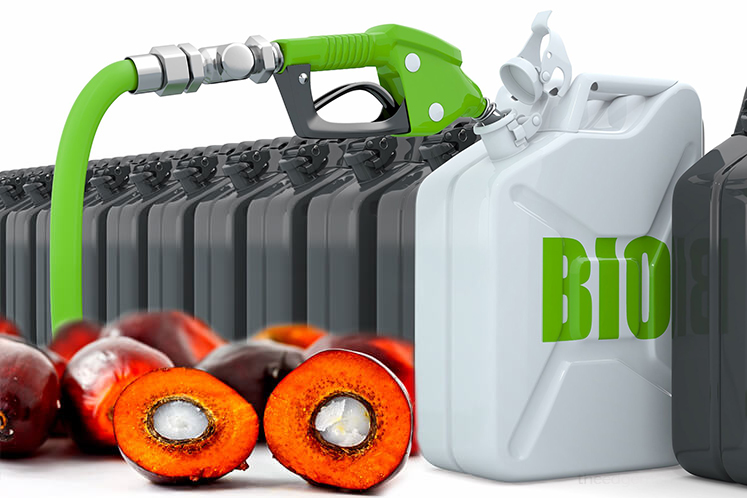Biofuels can provide a good substitute for fossil fuels that can be used to reduce the import bill and save precious foreign exchange for the country. They can contribute to climate and other environmental goals, energy security, economic development, and offer opportunities for small landowners to prosper. Biofuel production without reasonable control can result in higher food prices, increases emissions of greenhouse gases, aggravate degradation of land, forests, water sources, and ecosystems, and endanger the livelihood of individuals who are immediately dependent on the natural habitat of the surrounding area.
The use of Palm Oil-based Biofuels has increased in recent years because they are considered a more environmentally cleaner substitute for fossil fuels. Production of Biofuels and their sustainability is now increasingly being challenged, even as the demand grows. This has stimulated a massive increase in oil palm cultivation across the tropic regions, especially Indonesia. However, the recent drops in fossil fuel prices have impacted the production and use of Biofuels.
The impact of Greenhouse Gases is very important because they have a significant environmental effect which appears global warming. This is the most important environmental sustainability issue in the Biodiesel Palm Oil production chain. The possibility of reducing net carbon dioxide emissions, so that the carbon footprint is reduced and its impact on forestry, biodiversity, and soil and water quality are minimized is very attractive and needs further research.
Although most renewable energy sources contribute to reducing the impact of climate change it is also important to know their net-carbon implications. Biofuel development needs government intervention at critical points to realize its potential benefits at the same time limiting any adverse impact it may have on society and the environment.
The world today faces significant challenges to feed more and more people amid decreasing natural resources and a more delicately balanced natural eco-system. Most of the issues that surround the socio-economic sustainability of Palm Oil Biodiesel development and production are important to the society in the form of food security, along with the impact of palm oil production on rural livelihoods and land usage. The government has issued directives to limit deforestation and limit the conversion of land allocated for food production to Palm Oil plantations to ensure food security.
While developing Palm Oil plantations it is essential to ensure sustainability in the eco-system of the area which includes land, soil, water, and its resources, existing plants and trees, and the habitats of animals. This will ensure not only good earnings for the farmers and people living in the community but also meet changing human needs, while at the same time ensuring that these resources are available for producing useful outputs for a long-term. All the while maintaining and sustaining the environment without any degradation. The sustainability and productivity are determined by evaluating the interaction between land resources, climate, and human activities including all other factors that come into play. This is especially important as the world is facing a climate change which will bring about significant changes in the weather patterns changing the biophysical nature of the land and its surroundings. A suitable land management program is essential to be implemented to ensure that there is no degradation of land and its resources and whatever land is degraded due to deforestation or otherwise is rehabilitated for long term sustainability of these resources.
Good sustainable land management ensures that all the land’s resources including soil and water are conserved. This includes both natural resource management and integrated landscape management. It involves an all-encompassing approach to realize productive and safe ecosystems by integrating all human, social, economic, physical, and environmental requirements and meeting their core values so that it contributes to sustainable development.
Indonesian government while developing Biofuel and specifically Biodiesel considers it is important for the socio-economic uplift of the people and will endeavor to ensure the sustainability of the natural resources of the country. It has enacted suitable legislation and mandated the use of Biofuels in the energy mix by the year 2030.

